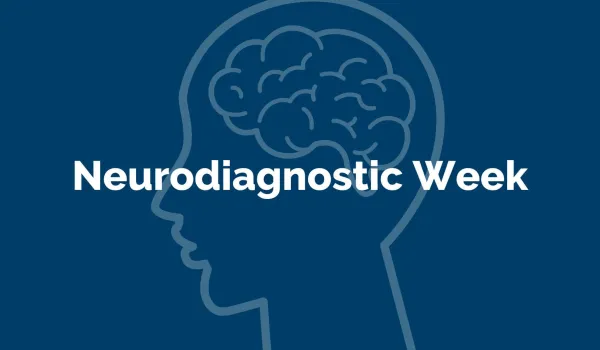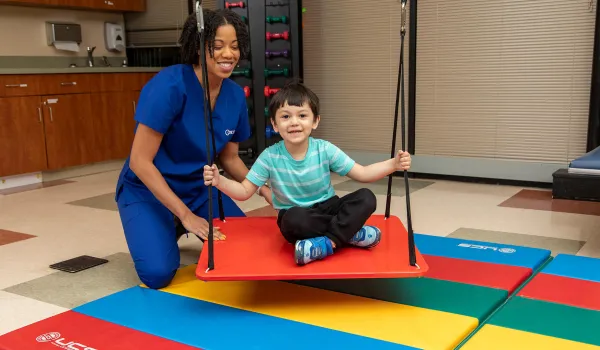Concorde Staff

Children go through different oral stages as they continue to grow. From cutting to losing their first tooth to trauma such as falling, it can be a painful experience that causes dental care to seem scary. It is important for parents and caregivers to be educated on oral health best practices for children. Introducing dental care in a positive manner at an early age is ideal to start healthy dental hygiene habits for years to come.
Dental Care Tips for Children
First Dental Visit
Children should see a pediatric dentist (1) when the first tooth appears, or no later than their first birthday. A pediatric dentist is ideal since they are formally trained in treating children and have a more kid-friendly atmosphere to make your child more comfortable during the check-up. It is important to take children to the dentist regularly to help prevent tooth decay. The dentist can recommend a treatment plan of brushing, flossing and other tips to have parents supervise and teach to their children.
Oral Health Best Practices
Here are a few tips from the Centers for Disease Control and Prevention (CDC) (2) for parents and caregivers.
Infant Dental Care
- Wipe gums twice daily with a soft, clean cloth in the morning after the first feeding and right before bed to wipe away bacteria and sugars.
- Start brushing twice daily once teeth start to come in with a soft, small-bristled toothbrush and plain water.
Child Dental Care
- Brush twice daily with fluoride toothpaste.
- Drink tap water that contains fluoride.
- Ask dentist to apply dental sealants when appropriate.
For children younger than two years old, it is recommended to consult with your child's dentist before using fluoride. Once your child reaches an age to where he/she can brush their own teeth, make sure to watch them. They will still need coaching - especially on spitting out the toothpaste instead of swallowing it.
Dental Emergency
It is recommended to call your child's dentist if there is any type of oral pain, sores, infection, excessive bleeding or swelling. This can be a lost tooth, toothache pain or injury to the mouth/jaw. Tip: Many Emergency Rooms (ERs) are not equipped to treat certain emergency dental needs (3). Examples include a chipped tooth, tooth extraction and root canal. Contact your dentist for dental emergencies to preserve ER capacity for emergency cases.
Fun and Engaging Dental Activities
There are different activities parents and caregivers can do make dental care more fun and engaging. Children learn through play. Below are a few cost-efficient activities that teach about oral care, while keeping it enjoyable.
- 2021 Brushing Calendar: This month-by-month calendar is free and helps keep children on track by checking the boxes each time they brush and floss. Download the calendar HERE (4).
- Eat This, Not That! Game: Do you have old magazines lying around? Ask children to look for healthy foods vs. unhealthy foods (5) and cut out pictures of the food. Find two bags and label one bag "happy tooth" and one bag "sad tooth". Place the pictures in the correct bag together and talk about how to have a healthy diet.
- Waiting for the Tooth Fairy: Losing a tooth and waiting for a visit from the tooth fairy (5) is an exciting experience for children. Have them decorate a white paper envelope with a handwritten note inside. Place the tooth inside and tuck under the pillow. Wait to see what the tooth fairy brings!
People often neglect practicing good oral hygiene habits by not brushing twice a day, not flossing and/or by ignoring tooth and mouth pain. This will cause the visit to the dentist to be more abrasive because the dental professionals could need to do more corrective dental work. By teaching good dental habits early in life and getting cleanings twice a year, the more positive dental visits will be. It is important for parents and caregivers to educate themselves to help keep their child's smile healthy while they continue to grow and age.
Footnotes
- "Frequently Asked Questions (FAQ)," America's Pediatric Dentists. https://www.aapd.org/resources/parent/faq/
- "Children's Oral Health," Centers for Disease Control and Prevention. https://www.cdc.gov/oralhealth/basics/childrens-oral-health/index.html
- "Questions about Emergency Dentistry? We Can Help!," The Smile Generation. https://www.smilegeneration.com/blog/smile-facts/questions-about-emergency-dentistry/
- "2021 Brushing Calendar," Mouth Healthy. https://www.mouthhealthy.org/en/resources/activity-sheets/brushing-calendar-2021
- "4 Fun Dental Activities for Kids," Colgate. https://www.colgate.com/en-us/oral-health/kids-oral-care/4-fun-dental-activities-for-children
- "Image," Rawpixel. https://www.rawpixel.com/image/536094/black-toddler-brushing-her-teeth

Next Steps?
We have a Concorde representative ready to talk about what matters most to you. Get answers about start dates, curriculum, financial aid, scholarships and more!



